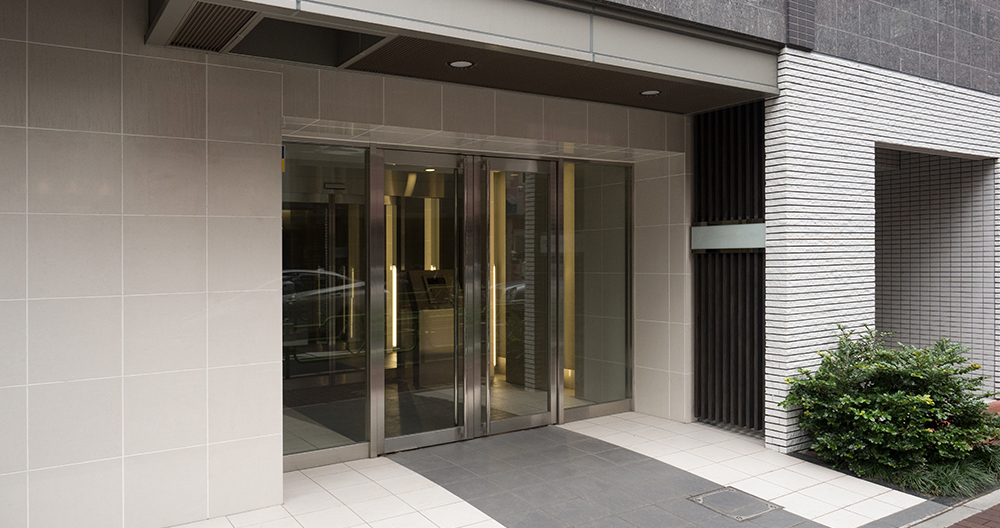Categories
Do Condos Have a Duty to Accommodate Disabled Residents?

The Human Rights Tribunal of Ontario (the “Tribunal”) recently released a decision regarding whether condominium corporations in Ontario have a duty to accommodate the specific requests of disabled residents and, the timeframe within which action must be taken. In Polito v. Briarlane Property Management Inc., 2019 HRTO 708, a disabled condo resident in Toronto alleged that his accommodation request was ignored for too long and that the eventual change to the building as a result of his request was inadequate.
Background
In October 2016, a disabled resident in a Toronto condominium requested that the property management company install automatic door openers on the front doors of the building to increase his ease of entry. Due to his disability, his most frequent way of entering the building was through the front doors with his scooter. However, without the automatic doors, his ability to enter the building was difficult and physically demanding.
The claimant’s requests, which were initially ignored by the property manager, eventually resulted in an engineering study being undertaken. The engineering study ultimately determined that automatic doors in the front of the building would infringe upon the sidewalk space and could push residents and passersby onto the road in front of the sidewalk. As such, they would be in violation of the Ontario Building Code. As a result of this conclusion, the condominium corporation opted to install automatic doors at the rear of the building. The installation took place in December of 2017.
The Human Rights Complaint
The claimant commenced an application at the Tribunal alleging that the corporation’s choice to install the automatic doors at the rear of the building was discriminatory and injurious to his dignity. He also argued that the corporation did not attend to his requests for accommodation promptly enough.
The question for the Tribunal to decide was whether the condo corporation appropriately discharged its duty to accommodate the applicant in this case. In the end, the Tribunal decided that the duty to accommodate did not require the condo corporation to create a perfect solution. Rather, all that is required is “reasonable accommodation”. Specifically, the Tribunal stated that the complainant is not owed a “solution of his choice or a perfect solution” and that the property management of the condominium discharged their duty properly by installing automatic doors in the rear of the building since a front door installation was deemed dangerous.
However, due to the lengthy delay of roughly 15 months between the initial request and the eventual installation, the Tribunal ruled that the condominium corporation did not answer the resident’s request with “due diligence and dispatch”. Accordingly, the Tribunal determined that general damages of $10,000 were appropriate to compensate the applicant for “injury caused to his dignity, feelings and self-respect”.
Responsibilities of condominium corporations in Ontario
Pursuant to the Ontario Human Rights Code (the “Code”), individuals have a right to equal treatment with respect to the occupancy of accommodation and it is prohibited to discriminate on the basis of disability and other protected grounds.
It is therefore important for condo corporations in Ontario to keep the Code, this Tribunal decision, and others like it, in mind as they deal with accommodation requests from owners. The key takeaway is to ensure that requests for accommodation are investigated promptly, thoroughly, and with the involvement of experts where the circumstances make doing so necessary.
If your condominium corporation is faced with an accommodation request, it is prudent to acknowledge receipt of the request and diligently document all steps taken throughout the process. If you have any questions regarding the duties of condominium corporations or how to handle accommodation requests by residents, please contact our lawyers at Merovitz Potechin LLP.
The content on this website is for information purposes only and is not legal advice, which cannot be given without knowing the facts of a specific situation. You should never disregard professional legal advice or delay in seeking legal advice because of something you have read on this website. The use of the website does not establish a solicitor and client relationship. If you would like to discuss your specific legal needs with us, please contact our office at 613-563-7544 and one of our lawyers will be happy to assist you.







